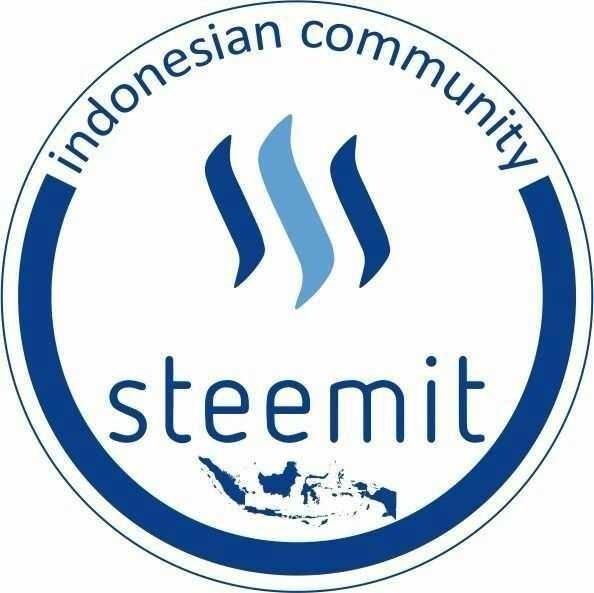
Source
The mangrove plant in Indonesia is the largest in the world, both in terms of area quantity (+ 42,550 km2) and number of species (+ 45 species) (Spalding et al. 2001). Mangrove has many benefits that come directly to human life in the mainland, ranging from ecological benefits to as a source of food and medicine.

Source
Mangroves are rich in steroid, saponin, flavonoid and tannin compounds. Saponin compounds from plants are glycosides of triterpene and steroids, which are soluble in water and have the ability to form soap scum when shaken in water. The use of saponins as a natural detergent and fish poison has been recognized by traditional societies. The pharmaceutical properties associated with Chinese medicine 'ginseng' are attributes of saponin compounds.

Source Ilustration
Plant saponins as well as dioscins, are commercially valuable after being found as ingredients for synthetic steroid hormones.
Most parts of the mangrove plant are useful as medicinal substances (Table 1). Extracts and raw materials from mangroves have been widely utilized by coastal communities for the purposes of natural medicines. A mixture of chemical compounds of natural materials by chemists is known as pharmacopoeia. A number of mangrove plants and associated plants are also used as traditional ingredients of insecticides and pesticides.
| Scientific name | Type of Mangrove | Benefits |
| Acanthus ilicifolius | *** | Aphrodisiac (stimulant libido), asthma, (fruit); diabetes, diuretics, hepatitis, leprosy (fruits, leaves and roots); neuralgia,, roundworm, rheumatism, skin diseases, abdominal pain (bark, fruit and leaves). Antifertility, skin diseases, tumors, ulcers (resins). |
| Avicennia alba | *** | Rheumatism, smallpox, ulcer (stem) |
| Avicennia marina | *** | Aphrodisiac, diuretic, hepatitis (fruit), leprosy (bark) |
| Avicennia offinalis | *** | Hepatitis (fruit, leaves and roots). |
| Bruguiera cylindrical | *** | Eye pain (fruits) |
| Bruguiera gymnorrhiza | *** | Ear infections (flowers) |
| Nypa fructicans | *** | sinusitis (bark, stem) |
| Rhizophora apiculata | *** | stems, flowers, fruits, leaves); stop bleeding, typhoid (bark) |
Refrece Hery Purno Basuki Journal
Thank You Hopefully Helpful
